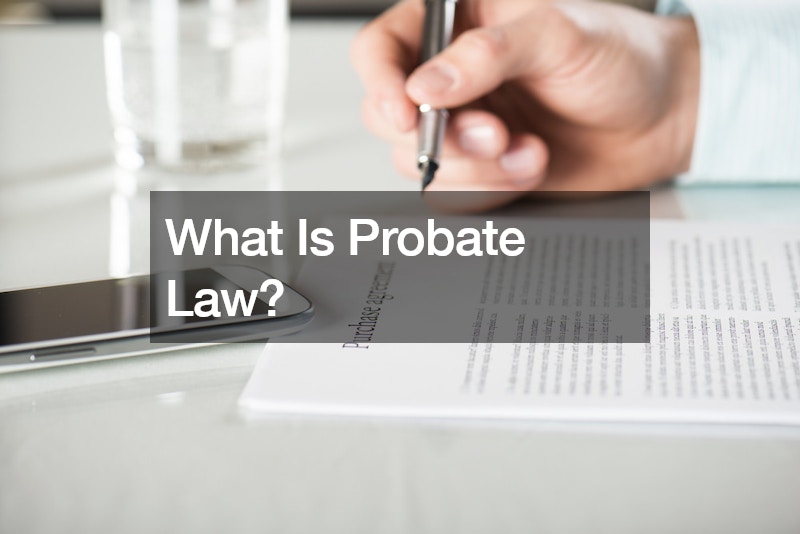In the increasingly globalized world, the ability to hire talent from across the globe has become crucial for many businesses. For UK employers, the sponsorship licence is a gateway to hiring skilled foreign workers. However, obtaining and maintaining a sponsorship licence for employers involves navigating a complex landscape of regulations and compliance measures. This article explores the essential aspects employers need to consider when dealing with a sponsorship licence.
Understanding the Sponsorship Licence
A sponsorship licence allows UK employers to legally hire workers from outside the European Economic Area (EEA) and Switzerland. It is a pivotal requirement for employers looking to tap into the global talent pool, particularly in sectors facing skills shortages. However, this privilege comes with significant responsibilities and obligations to ensure compliance with UK immigration laws.
Stricter Compliance Measures
The UK Home Office has implemented stricter compliance measures for sponsors. Employers must demonstrate their capability and commitment to fulfilling their sponsorship duties. This includes keeping meticulous records of sponsored employees, ensuring that workers meet the visa requirements, and regularly updating the Home Office about any changes in their employment status.
Documentation and Record-Keeping
Employers are required to maintain detailed records of their sponsored employees, including their contact details, immigration status, and job descriptions. Any changes, such as a change in job role or salary, must be reported to the Home Office within a specified timeframe. Failure to maintain accurate records can lead to penalties, including the suspension or revocation of the sponsorship licence.
Audits and Inspections
The Home Office conducts regular audits and inspections to ensure compliance. These can be either scheduled or unannounced, and employers must be prepared for both. During an audit, the Home Office will review the employer’s record-keeping practices, check the authenticity of the sponsorship, and ensure that the employer is adhering to all visa conditions. Non-compliance can result in severe consequences, including financial penalties and losing the right to sponsor workers.
Defined vs. Undefined Certificates of Sponsorship
Employers must understand the difference between defined and undefined certificates of sponsorship (COS). A defined COS is required for workers applying from outside the UK, while an undefined COS is for those already in the UK under a different visa category. The application process and approval times for these certificates differ, and understanding these distinctions is crucial for smooth processing.
Application Process
The application process for a defined COS is more stringent and involves additional approvals from the Home Office. This can lead to delays, so employers must factor this into their recruitment timelines. On the other hand, obtaining an undefined COS is generally quicker but still requires careful attention to detail to ensure compliance with all requirements.
Genuine Sponsorship
The Home Office has intensified efforts to identify and penalize sham sponsorships. Employers must demonstrate that the roles they are offering are genuine and that the foreign workers are filling legitimate vacancies. This involves providing detailed job descriptions, evidence of recruitment efforts, and proof that the positions could not be filled by local workers.
Salary and Job Requirements
Employers must ensure that the job roles meet the minimum salary and skill level requirements set by the Home Office. These requirements vary depending on the visa category and the specific job role. Providing accurate and detailed information about the job and the candidate’s qualifications is essential to avoid delays or rejections.
Financial Implications
Sponsorship licences come with significant financial commitments. Employers must budget for the licence application fees, the cost of certificates of sponsorship, and any legal fees associated with ensuring compliance. Additionally, the potential for fines and the cost of addressing compliance issues must be considered.
Budgeting and Planning
Careful budgeting and planning are essential to manage the costs associated with obtaining and maintaining a sponsorship licence. Employers should also be prepared for the potential financial impact of audits and the possibility of needing to rectify any compliance issues that may arise.
Impact on Recruitment
Delays and complexities in obtaining sponsorship licences can hinder recruitment efforts. Employers need to adjust their recruitment timelines to account for potential delays in processing certificates of sponsorship and visa applications. Being transparent with candidates about the expected timelines and any potential delays can help manage expectations and reduce frustration.
Communication with Candidates
Clear and transparent communication with candidates about the sponsorship process and timelines is crucial. Keeping candidates informed about the status of their applications and any potential delays helps build trust and ensures a smoother recruitment process.
Looking Ahead
The UK government is committed to reforming the immigration system, aiming for a more streamlined and secure process. However, significant challenges remain, and employers must stay informed about ongoing updates to the sponsorship licence requirements. Consulting with legal experts who specialize in immigration law can provide valuable guidance and help navigate the evolving landscape.
Staying Informed
Employers should regularly check the Home Office website and other reliable sources for updates on sponsorship licence requirements. Participating in industry forums and seeking advice from legal experts can also provide valuable insights into best practices and compliance strategies.
Legal Expertise
Navigating the complexities of the sponsorship licence system can be daunting. Consulting with immigration lawyers who have expertise in sponsor compliance can help employers understand their obligations and avoid potential pitfalls. Legal experts can also assist in preparing for audits and addressing any compliance issues that may arise.
Conclusion
Obtaining and maintaining a sponsorship licence for employers is a complex but essential process for hiring skilled foreign workers. By understanding the requirements, maintaining meticulous records, planning for financial implications, and seeking legal expertise, employers can successfully navigate the system and leverage the global talent pool to their advantage. Staying informed and prepared is key to ensuring compliance and achieving successful outcomes in the ever-evolving landscape of UK immigration.
.




